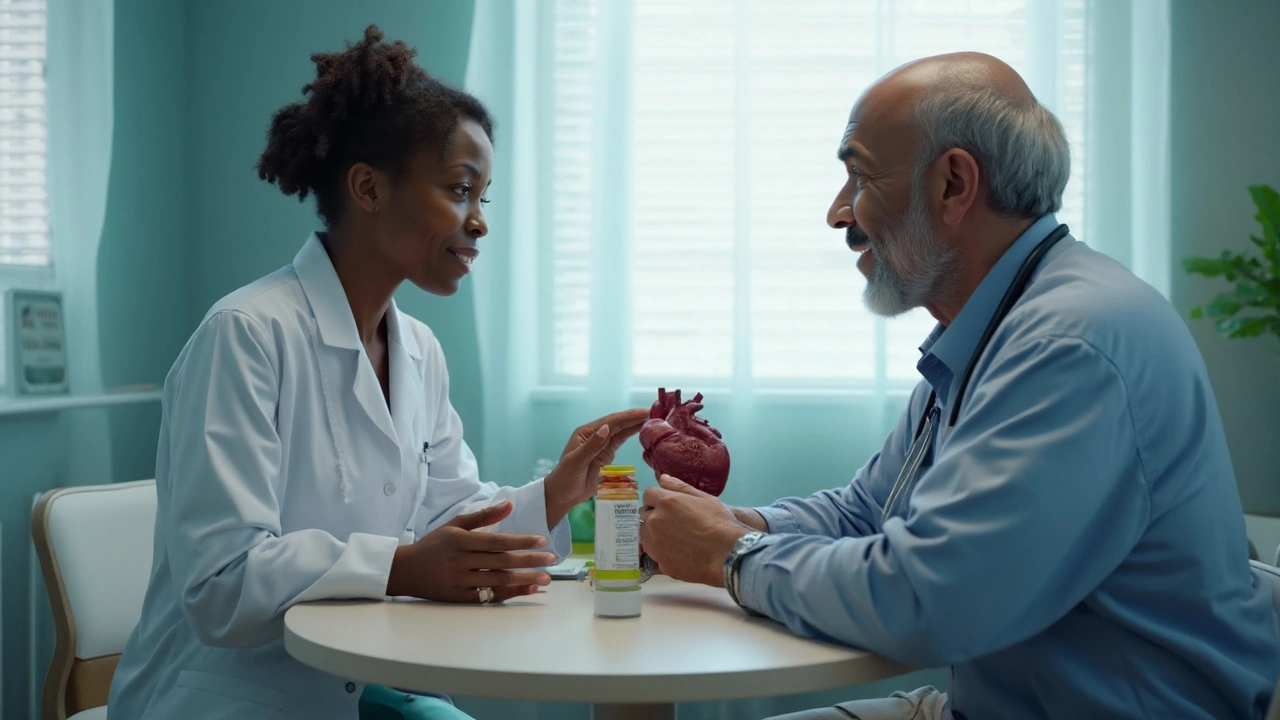Medication Interactions: What You Need to Know
Ever taken a pill and then felt weird after eating something? That’s a drug interaction – when two or more substances affect how each other works in your body. Interactions can make a medicine less effective, cause unwanted side effects, or even be dangerous. Understanding them helps you stay in control of your health and avoid surprises.
Common Types of Interactions
Not all interactions are the same. The most frequent ones you’ll hear about are:
Drug‑drug interactions – Two prescriptions, or a prescription and an over‑the‑counter product, can change how each works. For example, mixing a blood thinner with certain antibiotics can increase bleeding risk.
Drug‑supplement interactions – Herbal or vitamin supplements are natural, but they still act on the same pathways as meds. St. John’s wort, for instance, can lower the effectiveness of birth‑control pills.
Drug‑food interactions – Some foods either speed up or slow down drug absorption. Grapefruit juice is famous for blocking enzymes that break down many cholesterol medicines, leading to higher levels in the blood.
Drug‑condition interactions – Your health status matters too. A medication that’s fine for most people could be risky if you have liver disease or kidney problems.
Tips to Manage Interactions
You don’t need to become a chemist to keep safe. Follow these easy steps:
1. Keep an updated list of every medication, supplement, and vitamin you take. Share it with any doctor or pharmacist you see.
2. Ask before you add anything new. Even a “natural” product can clash with your prescription.
3. Read labels for warnings about food or alcohol. If a label says “avoid grapefruit,” respect it.
4. Use one pharmacy when possible. Pharmacists can spot dangerous combos across all your prescriptions.
5. Report side effects right away. If you feel dizzy, extra bruising, or anything odd after a new combo, call your health provider.
Remember, the goal isn’t to scare you but to give you tools. By staying aware and asking the right questions, you can enjoy the benefits of your meds without unwanted surprises.
Check back often for updated articles on specific interactions, like how certain antidepressants mix with coffee or why some antibiotics don’t play well with dairy. Knowledge is the best safety net when it comes to medication interactions.
Clear, people-first guide to Imdur: what it treats, how to take it, common side effects, major interactions, and practical safety tips backed by FDA labeling.
Aug, 27 2025

